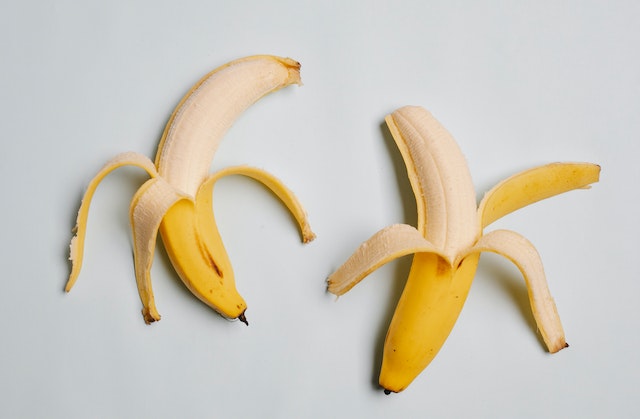Many people remove peels out of habit or preference, but some evidence suggests you may want to keep them on. Some situations may require the removal of the peel, but in most instances, peels are nutritious and beneficial. Still, you will need to weigh the pros and cons of eating or not eating a peel to make the best decision for yourself.
Reasons To Leave the Peels On

1. Nutritional Value
The primary reason to leave peels on and eat them is because of the nutritional value they offer. Not all peels provide dietary benefits, and some may not provide as much as others. For example, compared to a peeled apple, a raw, unpeeled apple has more vitamins A (142%), C (115%), and K (332%). Also, eating the peel provides 19% more potassium and 20% more calcium.
2. Sense of Fullness
Consuming unpeeled fruit and vegetables can also help curb your appetite, making you feel fuller longer. Researchers believe peels can affect hunger and fullness because of the high fiber content. Some studies suggest fresh fruits and vegetables have up to one-third more fiber before peeling.
Fiber may also make people feel fuller longer because it physically stretches the stomach and slows how quickly it empties. Also, it influences the rate that fullness hormones get released into the body.
Finally, the type of fiber makes a difference. Fruits and veggies contain viscous fiber, which is better at reducing appetite.
3. Disease Prevention
It is common knowledge that fruits and vegetables contain high levels of antioxidants. The beneficial plant compounds can reduce the risks of several diseases because they fight free radicals. According to research, some antioxidants found in fruits and veggies show a link to reduced risk of neurological disorders. Also, other research specifies that the highest concentration of antioxidants is often found in the outer layer of the food.
Reasons To Remove the Peels

1. Inedible or Difficult To Manage
You cannot eat all peels; avocado and honeydew peels are inedible. Also, some fruit and vegetable peels are too difficult to digest or even chew; for example, pineapple, onion, and melon peels are best removed.
Other peels are edible but not appetizing. While some people eat these peels cooked, most prefer to avoid them. Citrus fruits also have edible peels, but they are typically bitter, so best consumed as zest or not at all.
Finally, some fruits and veggies have edible peels, but the peels are difficult to clean. Many fruits or veggies have a layer of wax that is hard to remove, so it is best to discard the peels.
2. Contaminants
The best reason to avoid eating peels is contaminants, primarily pesticides. Many people assume purchasing organic fruits and vegetables is a way to avoid pesticide exposure, but it is present regardless of the farming technique.
The government heavily regulates pesticide levels of food, which means you are likely safe eating peels of fruits and veggies. Still, some people would rather limit their exposure to pesticides, which may mean peeling all fruits and veggies regardless of nutrient benefit.
Most peels are nutritionally beneficial, but that may not be enough to convince to eat them. Some people have a legitimate fear of contaminants. Talk to a doctor or dietician about what is best for you.
